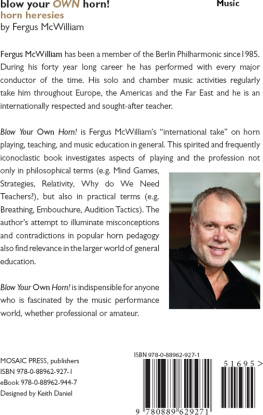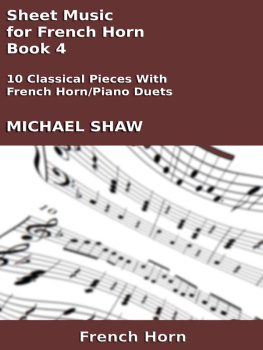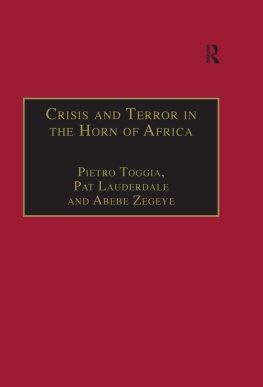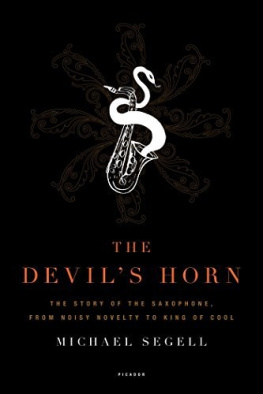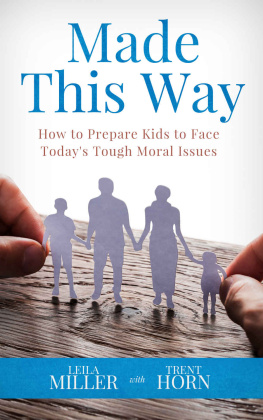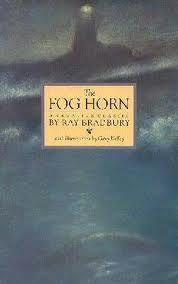BLOW
YOUR
OWN
HORN!
Library and Archives Canada Cataloguing in Publication
McWilliam, Fergus, 1952
Blow your own horn! : horn heresies / Fergus McWilliam.
ISBN 978-0-88962-927-1
1. Horn (Musical instrument)--Instruction and study. I. Title.
MT420.M479 2011 788.94193 C2011-906921-0
No part of this book may be reproduced or transmitted in any form, by any means, electronic or mechanical, including photocopying and recording, information storage and retrieval systems, without permission in writing from the publisher, except by a reviewer who may quote brief passages in a review.
Published by Mosaic Press, offices and warehouse at 1252 Speers Road, Units 1 and 2, Oakville, Ontario, L6L 5N9, Canada and Mosaic Press, 40 Sonwil Dr, Cheektowaga, NY14225, U.S.A.
Copyright Fergus McWilliam, 2011
ISBN 978-0-88962-927-1
eBook 978-0-88962-944-8
Design by Keith Daniel
| We acknowledge the financial support of the Government of Canada through the Canada Book Fund (CBF) for this project. | Nous reconnaissons laide financire du gouvernement du Canada par lentremise du Fonds du livre du Canada (FLC) pour ce projet. |
 |  |
Mosaic Press in Canada:
1252 Speers Road, Units 1 & 2
Oakville, Ontario
L6L 5N9
Phone/Fax: 905-825-2130
| Mosaic Press in U.S.A.:
c/o Livingston, 40 Sonwil Dr,
Cheektowaga, NY
14225
Phone/Fax: 905-825-2130
|
www.mosaic-press.com
BLOW
YOUR
OWN
HORN!
(horn heresies)

Fergus McWilliam

TABLE of CONTENTS
To all those students who have taught me so much.
PART 1
philosophical and political stuff
1. POLITICS AND HERESIES

1.1
The Truth/Heresy Conflict

M y motive for this book is to offer advanced horn students and horn teachers a contrasting and possibly useful perspective in their search for truly effective learning and teaching tools, as well as strategies.
Why? Because, over the course of my life as a hornist and teacher, I have been confrontedwith ever increasing frequency and with an ever-increasing sense of the unavoidableby the fundamental paradox that the way its supposed to be is rarely, if ever, the way it actually is. The way the horn is taught is too frequently not the way the horn actually needs to be played.
Huge amounts of traditional horn pedagogy are often misunderstood and misapplied, not only by students but also by their teachers, and what numerous successful professional hornists teach their students is frequently not even what they themselves actually practise. To make matters worse, too frequently neither students nor teachers recognise and admit to the situation.
This problem is particularly relevant for the advanced student and young professional. For beginners and intermediate horn students, addressing this paradox may seem less urgent, as they are most commonly interested in simply making technical progress and tend to see their teachers authority and knowledge as irreproachable. Nevertheless, as they advance and mature, these young beginners will encounter the paradox soon enough.
In the course of my teaching over many years I have attempted to address these issues. It has not been enough simply to try to provide students with the tools to teach themselves. I have tried to confront them with the necessary challenge of accepting ultimate responsibility for their own development, of empowering themselves and freeing themselves from the authority of their teachers, even freeing themselves from the support and inspiration of their mentors, accepting that finally they have to be able to work it out for themselves.
The contents of this book are therefore a distillation of the sorts of things I have been telling horn students around the world in private lessons and master classes over the past 35 years or more. I describe truths which I myself have been forced to accept about the learning and teaching of the horn, truths which however frequently conflict with conventional or received thinking and assumptions. For many readers then, these ideas may indeed appear to be heresies.
I therefore chose Horn Heresies as my working title, with the specific aim of trying to be at least a little controversial, and with any luck, this will also turn out to be something more than just a simple polemicor rant.
My goal is to instigate, to provoke, to invite a new discussion, a re-examination of traditional and conventional horn pedagogy by both teachers and students. Some may feel that I shall be aiming a lot of criticism at a lot of people in the horn world, but I fully expect criticism to come my way too. That will be only natural and fair, and ideally, will be part of what I hope may become a useful and productive debate.
The horn cannot be taught; it can only be learned.
If we look first at the word education, whose roots are found in the Latin ex ducare, to lead out, then we shall see that all we teachers can, and indeed really should aspire to is to help our students discover what is inside them and to provide them with useful tools for their journey of learning.
Although I have made every attempt to escape being seen by my own students as any kind of guru, I have also had to accept the fact that many students seek exactly that in their teachers. I believe that the most constructive and at the same time benign role a teacher can assume in response is one that is also imbued with enormous responsibility, namely that of mentor.
Furthermore, we must accept that even though we are motivated by real concern for horn students and their future, we teachers are in the end fallible and none of us is more than partially qualified.
Ultimately, it will be up to the student himself to decide whether or not he succeeds and how he chooses to do it. I could not agree more with the noted Spanish trombonist Ricardo Casero who put it: All successful players are, in the end, self-taught.
You must BLOW YOUR OWN HORN!
1.2
Why Do We Need Teachers?

A n interesting memory comes up if I cast my mind back to those halcyon days of childhood when I would return home from my weekly horn lesson and meet up with my two younger sisters who had just had their ballet class. Our mother would ask us what we had learned that day. I remember how the girls could always name a new movement they had learned and then attempt to demonstrate it, whereas I sat somewhat confounded, unable to come up with anything more coherent than, today I learnt NOT to....
It seemed to me that the business of learning the horn was more an UN-learning, a process of intuitive discovery of the essentials, a kind of reduction, like peeling an onion or unwrapping a present to get inside at the contents. Learning backwards? I loved music and I loved playing tunes on my horn. This way of learning did not conflict with that great, simple pleasure, and it seemed easy.
Next page
